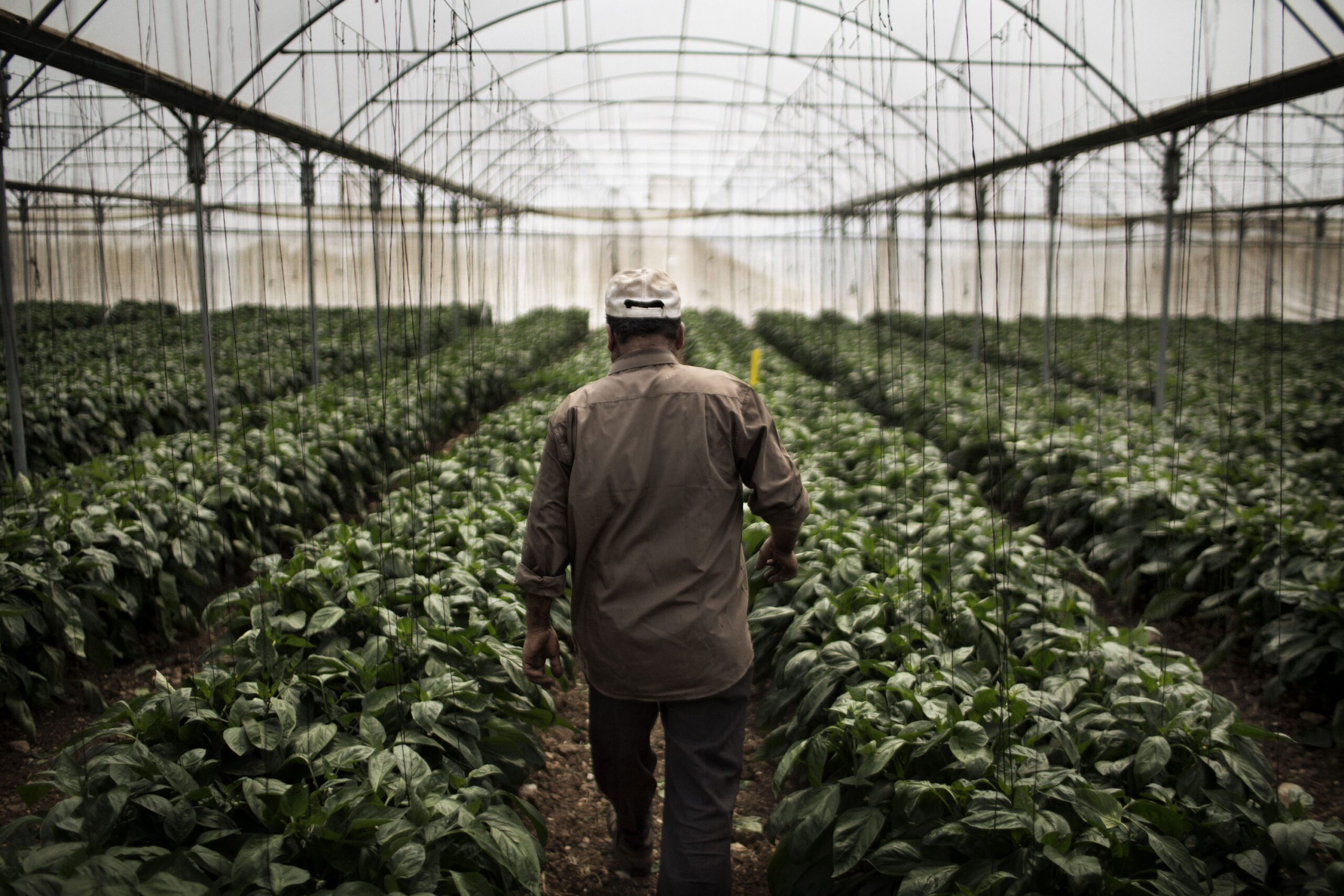PROJECT SUMMARY
The EBRD and FAO are working with the government in Serbia to enhance and upgrade its irrigation systems to protect and increase agricultural productivity, environmental sustainability and climate change resilience.
CONTEXT
The EBRD and FAO are supporting the Republic of Serbia to draft its National Irrigation and Drainage Development Program and related 5-year action plan and to identify policy and investment options during 2023-2032. This work is part of a project to enhance and develop Serbia’s irrigation and drainage networks and increase the country’s agricultural productivity, environmental sustainability and climate change resilience.
Serbia, a leading grain exporter for the Western Balkans, currently boasts ideal conditions for agricultural production, but based on latest projections, climate change will impact Serbian agriculture – from increased rainfall variability in the planting season to an increase in temperatures, droughts and heatwaves. Today, around two percent of Serbia’s arable land is irrigated. Expanding and improving the country’s irrigation networks will help secure existing crop production and make the transition to higher value-added crops like berries, vegetables and fruit trees possible.
Activities
Engage and support stakeholders to prepare the Irrigation and Drainage Development Program of the Republic of Serbia and the related 5-year Action Plan.
Identify and map priority irrigation investments for the 2020-2030 period through the development of an Investment Atlas.
Achievements
- A working group to guide, advise, monitor and validate the work of the technical experts involved in each phase of the development of the irrigation strategy, action and investment plan. The group established by the Serbian Ministry of Agriculture, Forestry and Water Management includes national and local institutions, academia, as well as business associations and other private sector entities.
- Nine thematic briefs that describe the main technical aspects of the program and 5-year action plan.
- Support development of the Irrigation and Drainage Development Program and 5-year Action Plan (published soon) that determines specific activities to be undertaken during the period 2023-2027 in relation to legislation, data collection and analysis, water resource management, irrigation and drainage fees, and investment in public irrigation and drainage systems.
- An Investment Atlas that contains a geospatial analysis and maps agricultural areas with the potential for irrigation development.


































